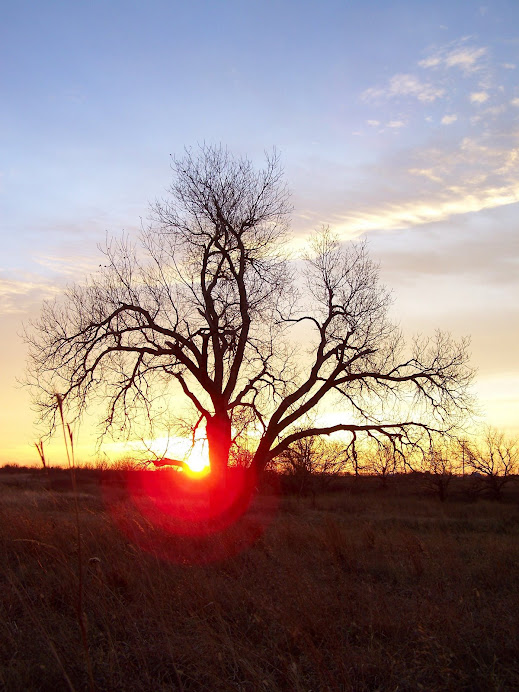I don't usually drone on and on about things like Cancer. I don't wear those pink pens or have a pink magnet on my car or walk in the Relay for Life. But I see things in my job that scare me just the same and it's important to me to remind those I care about that it is so careful to take care of yourselves.
A woman’s chance of being diagnosed with breast cancer in the United State is:
from ages 30 to 39. . .0.44 percent (often expressed as "1 in 229")
from ages 40 to 49. . .1.46 percent (often expressed as "1 in 68")
from ages 50 to 59. . .2.73 percent (often expressed as "1 in 37 ")
from ages 60 to 69. . .3.82 percent (often expressed as "1 in 26 ")
Most breast cancers occur in women over the age of 50. The number of cases is especially high for women over age 60. Breast cancer is relatively uncommon in women under age 40. The NCI fact sheet Probability of Breast Cancer in American Women provides more information about lifetime risk. This fact sheet is available at http://www.cancer.gov/cancertopics/factsheet/Detection/probability-breast-cancer on the Internet.
Those stats are staggering. Think about the population of the town you live in and then calculate how many women in their 30's are probably being diagnosed with breast cancer every year. We think that because we are under 40 or because our mothers haven't had breast cancer that we are probably safe. But the statistics make me think we are not as safe as we would like to think.
1) Do your self breast exams if nothing more, do it when you are in the shower. They say that women rarely find a lump that way (normally they find them on a mammogram) but what women do notice is breast tenderness that is not around your period, nipple discharge, skin thickening, a change in density in the breast, or sometimes a lump.
2) Get your annual paps and make sure your doctor does a clinical breast exam with the pelvic exam.
3) Women over 40 should have a mammogram every 1-2 years, preferrably every year.
4) Women who have a higher risk should talk to their doctor about having a mammogram before age 40.
5) Risk factors such as personal history of breast cancer, family history of breast cancer, long-term use of hormonal therapy (such as hormones after menopause or hysterectomy) etc. might mean that your doctor would want you to have a mammogram before you turn 40.
6) Studies show the more a woman drinks, the higher risk.
7) Physically innactive women have a higher risk.
8) Overweight women have a higher risk.
9) Women who had their first child after 30 or who never had a child are at a greater risk.
10) Women who started their periods before age twelve may have a higher risk.
11) There is a test that women can take to find out if they have a gene that make them have a much higher risk of breast cancer. The genes are BRCA1 and BRCA2. Ask your doctor about whether he suggests testing for you.
12) Have a good relationship with your doctor. Ask questions. If something doesn't seem right, don't take no for an answer until you are satisfied. If you are still not satisfied get a second opinion. Take charge of your healthcare!
13) You know your body, listen to what your body is telling you.
14) And don't neglect your health because you are afraid of what you might find out! I hear so many people say that they don't want to have a certain test run because they are afraid of the results. Are you more afraid of the diagnosis or the death that could result because you were afraid to get checked out?
Subscribe to:
Post Comments (Atom)


JD, I happened across your blog while trolling the net for cancer rants :) I'm a recovering BC patient myself, 41 years old and the daughter of a 6 year survivor. Your blog post is one of the VERY BEST I have ever seen. Keep spreading the word!
ReplyDeleteRegards,
Sharon